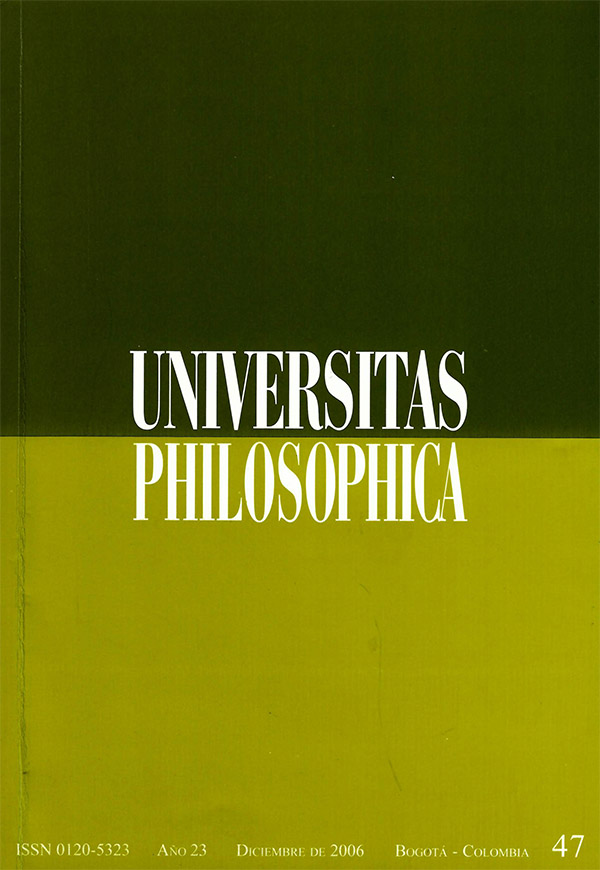Resumen
Desde que Peirce lo introdujo en la escena de la filosofía en los años 1877 y 1878, el término “pragmatismo” ha adquirido varios matices. El uso que de éste han hecho autores como James y Dewey lo vinculó de una manera más comprometida con el problema de la acción e impulsó su desarrollo dentro de una perspectiva ética y democrática que, en los últimos años, tuvo eco en el pensamiento de Richard Rorty. El presente artículo busca rastrear, de un modo muy general, el papel que desempeñan la ética y la democracia dentro del denominado pragmatismo clásico, así como la relación entre conocimiento y moral a partir del pensamiento de Nietzsche. Se pretende mostrar cómo, en el pragmatismo clásico, hay un giro desde lo epistemológico hacia lo ético, sustituyendo así el conocimiento por la esperanza: la esperanza de poder construir un futuro mejor.Esta revista científica se encuentra registrada bajo la licencia Creative Commons Reconocimiento 4.0 Internacional. Por lo tanto, esta obra se puede reproducir, distribuir y comunicar públicamente en formato digital, siempre que se reconozca el nombre de los autores y a la Pontificia Universidad Javeriana. Se permite citar, adaptar, transformar, autoarchivar, republicar y crear a partir del material, para cualquier finalidad (incluso comercial), siempre que se reconozca adecuadamente la autoría, se proporcione un enlace a la obra original y se indique si se han realizado cambios. La Pontificia Universidad Javeriana no retiene los derechos sobre las obras publicadas y los contenidos son responsabilidad exclusiva de los autores, quienes conservan sus derechos morales, intelectuales, de privacidad y publicidad.
El aval sobre la intervención de la obra (revisión, corrección de estilo, traducción, diagramación) y su posterior divulgación se otorga mediante una licencia de uso y no a través de una cesión de derechos, lo que representa que la revista y la Pontificia Universidad Javeriana se eximen de cualquier responsabilidad que se pueda derivar de una mala práctica ética por parte de los autores. En consecuencia de la protección brindada por la licencia de uso, la revista no se encuentra en la obligación de publicar retractaciones o modificar la información ya publicada, a no ser que la errata surja del proceso de gestión editorial. La publicación de contenidos en esta revista no representa regalías para los contribuyentes.


